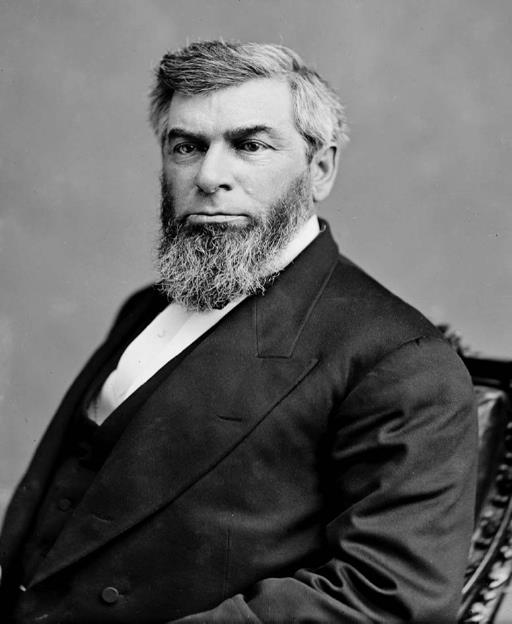The Waite Court (1874–88)Introduction |
Was Waite President Grant’s first choice as chief justice? |
No, Waite was President Ulysses S. Grant’s seventh choice—at least—for the job. Grant first chose U.S. senator Roscoe Conkling of New York, who turned down the position. Allegedly, Grant’s secretary of state, Hamilton Fish, and two other U.S. senators, Timothy Howe of Wisconsin and Oliver Morton of Indiana, also turned down the offer. Grant then nominated Attorney General George H. Williams for the position but his nomination collapsed when it was revealed that Williams had used Justice Department funds for personal use, including the purchase of an expensive carriage. Grant sent Caleb Cushing’s name to the U.S. Senate, thinking the former head of the Geneva Convention would be an excellent nomination. However, opposition to Cushing surfaced when it was revealed that he had ties to disgraced Confederate leader Jefferson Davis.
It became a national embarrassment that President Grant could not fill the position of chief justice. Waite entered the picture because he had no negative political baggage and because he, like Cushing, had earned a measure of respect for his participation in the successful Geneva Convention meeting. Waite was an unexpected choice even to Waite himself, who believed it a joke when he first received the telegram with the offer of chief justice.

